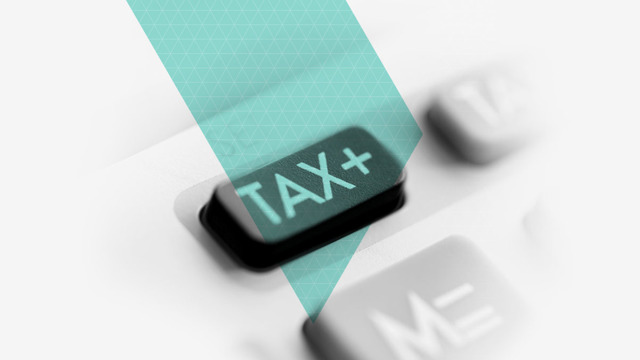The Government has announced further tax-related measures intended to assist businesses dealing with the implications of the COVID-19 virus. As with earlier COVID-19-related tax measures, the latest announcement includes a mix of temporary measures and medium to longer-term reforms. The three most recently announced measures (detailed more fully below) are a new tax loss carry-back regime, reforms to the criteria for carrying forward tax losses to future years, and greater flexibility to extend deadlines due to COVID-19 related disruptions.
Tax loss carry-back regime
A new tax loss carry-back regime will enable a firm to offset a loss in a particular tax year against a profit in a previous year, and receive a refund of the tax paid in the previous (profitable) year. The new regime will be introduced in two stages:
- First, there will be a temporary mechanism to allow businesses that anticipate a loss in either the 2019-20 year or the 2020-21 year to estimate the loss and use it to offset against taxable income in their previous year. This may entitle them to a refund of tax already paid in the previous year. The temporary mechanism is expected to be legislated under urgency later this month.
- Second, permanent loss carry-back rules will be consulted on over the course of this year and legislation introduced and enacted by early 2021. The detail of the new rules remains to be worked through, but one likely difference (compared to the temporary mechanism) is that to carry back a loss and obtain a refund of tax paid on profits in the earlier year under the permanent rules, taxpayers will need to file the relevant tax returns rather than proceeding on the basis of estimates.
Reform to tax loss carry-forward rules
New Zealand law currently allows a company to carry-forward its tax losses to offset against profits in future years only if its shareholding remains the same, at least to the extent of 49%. This rule will be reformed to allow a company to carry-forward its tax losses even if its ownership has changed so long as its business remains “of a same or similar nature”. The new test is expected to closely follow Australia’s “same or similar business” test.
The details of the new test have yet to be finalised and amending legislation is not expected to be introduced for some months yet. But once enacted, the new test should apply from the current income year. This should allow companies needing to bring in new investors in the interim to do so while preserving their tax losses (in reliance on the same or similar business test) where losses would otherwise have been forfeited under the continuity of ownership test.
The reforms can also be expected to affect market standard documentation for business acquisitions. For example, if the parties agree commercially that the tax losses being sold have value and this is reflected in the purchase price, the purchaser will expect to have coverage for such tax losses under the tax indemnity. Existing New Zealand share sale agreements may not provide for this, given they will be drafted on the assumption that tax losses will be forfeited on sale of the shares in a company.
New Zealand’s current loss carry-forward rules are among the most stringent in the world, and the prospect of tax losses being forfeited (due to continuity of ownership not being maintained) has long been recognised as a barrier to businesses raising the capital they need to grow and remain resilient. The Government signalled its commitment last year to reforming the rules, and the decision to bring forward the reforms should be welcomed by the business community.
Flexibility to extend deadlines and timeframes
A new discretionary power will allow Inland Revenue to provide an extension to due dates and timeframes or to modify procedural requirements set out in the Revenue Acts. The power will be time-limited for a period of 18 months and apply to businesses affected by COVID-19. It is expected that the power could, for example, allow Inland Revenue to extend deadlines for filing tax returns and paying provisional and terminal tax.
A mix of temporary measures and longer term reforms
The latest announcements follow a series of announcements made in March and enacted under urgency on 25 March 2020 in the COVID-19 Response (Taxation and Social Assistance Urgent Measures) Act 2020. That earlier series of measures included:
- reinstating depreciation deductions for non-residential buildings;
- increasing the low-value asset write-off threshold from $500 to $5,000 if the item of property was acquired on or after 17 March 2020, with the threshold for items of property acquired on or after 17 March 2021 being $1,000; and
- bringing forward the application date for certain changes intended to broaden the eligibility criteria for a refund of an R&D tax credit to the 2019- 20 income year.
The fact that New Zealand’s tax policy response to COVID-19 has included a mix of temporary measures and permanent reforms suggests the Government is looking to balance the need for immediate flexibility and support for business with the importance of maintaining a tax system underpinned by sound tax policy principles. The reforms affecting tax losses and increased deductions under the depreciation rules should also help to remove barriers to businesses bringing in new investors and investing in new long-term assets, both of which will be essential elements of the future economic recovery.
A pdf version of this update is available here.



